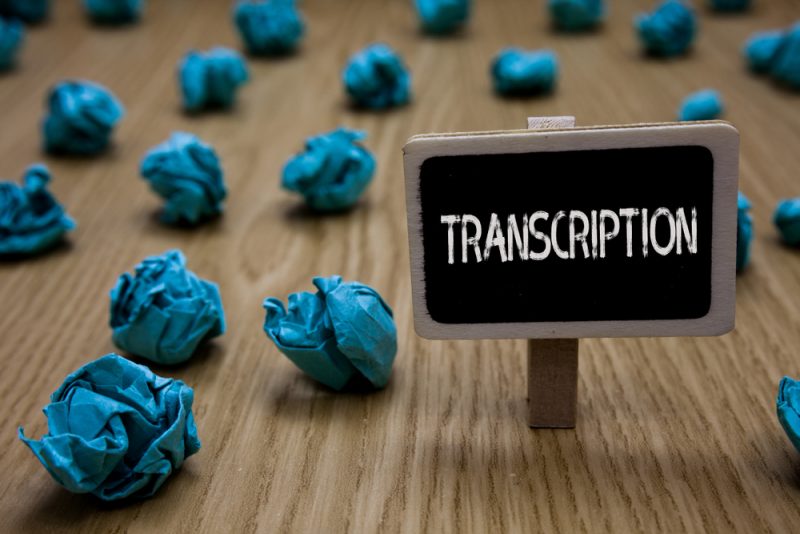There is zero room for accuracy errors in legal transcription. This is why it’s important when preparing for your court proceedings, deposition, arbitration hearing, or other legal procedures you work with only the best court reporters in San Francisco.
Established and proven court reporting firms and skilled reporters can be trusted and relied on to give you the accuracy and professionalism that you need. Don’t trust your legal transcription services needs to just anyone. We urge you to share this post with your colleagues and social network to remind them why accuracy in legal transcription services are so important.
- Remove ambiguity. You cannot afford to have any ambiguity in your legal proceedings. Know that with a court reporter, you’re getting an accurate, detailed, and clear legal transcript of the proceedings.
- The facts matter. Legal proceedings can be burdened by reams of paper, meetings, notes, phone calls, and details – this can make it easy to lose track of the real facts. Court reporters from proven court reporting firms can be relied on to deliver transcripts of your depositions and court proceedings – giving you the facts clearly and accurately.
What Is Professional Legal Transcription?
Professional legal transcription is the process of accurately transcribing proceedings such as meetings, courtroom proceedings, depositions, and arbitrations. The court reporter delivers this transcription in an approved document format and/or as printed material. Due to the changing nature of legal transcription, court reporters can be asked to transcribe source content from audio tapes, video recordings, digital recordings, and the traditional live spoken word.
Make sure your professional court reporter is knowledgeable in these key aspects of legal transcription:
- Excellent knowledge. Expect your court reporter to be well-versed in legal matters and in the details specific to your needs.
- Template management. Ask to see the template the court reporter plans to use to manage their work.
- Brief creation. Along with the full legal transcript, legal transcription involves creating a brief that summarizes the key elements of the proceedings, including the date, time, people involved, and other important details.
- Error-free. This includes no spelling errors, no grammar errors, and no errors in key details.
There is a big difference between real professional legal transcription provided by qualified court reporting firms and that provided by fly-by-night organizations. Make sure that you’re using qualified San Francisco court reporters, that are proven experts in legal transcription – you don’t want to get caught-out with an inaccurate transcript.
Essential Skills For Accurate Legal Transcription
When researching and interviewing court reporters, make sure your candidates have the following essential skills to ensure accurate legal transcription:
- Superior listening skills. Your court reporter must have finely-tuned listening skills that enable him or her to record all key details and facts. This person must be able to distinguish between tone, accents, and colloquial speech.
- Well-versed in legal terminology. It’s critical that your court reporter understands and is comfortable with legal terminology. Accurate legal transcription is about more than the words being said, but also understanding what is being said – this helps prevent not-so-obvious transcription errors. Make sure your candidate has legal knowledge and is well-versed in your specific industry, such as healthcare, insurance, economics, etc.
- Elite typing skills. Speed is of the essence, so ask for proof of typing skills and quality. For proven court reporting firms, this should be easily available.
- Tech-savvy. Technology is changing how court reporters do their jobs and what they’re asked to transcribe. Make sure your court reporter is comfortable with the latest in transcription software tools and technology.
- Expert proofreader. The final proofread is key in catching typing and transcription errors. For example, noticing if a dollar value is not in-line with others in the document or catching misspelled names, locations, etc. These errors might seem small but they can result in big issues later on.
When interviewing court reporters, don’t be shy to ask about their qualifications, to see proof of previous work, to ask for references, and to ask about their transcription process. You need to have complete confidence that you receive an accurate legal transcript.

